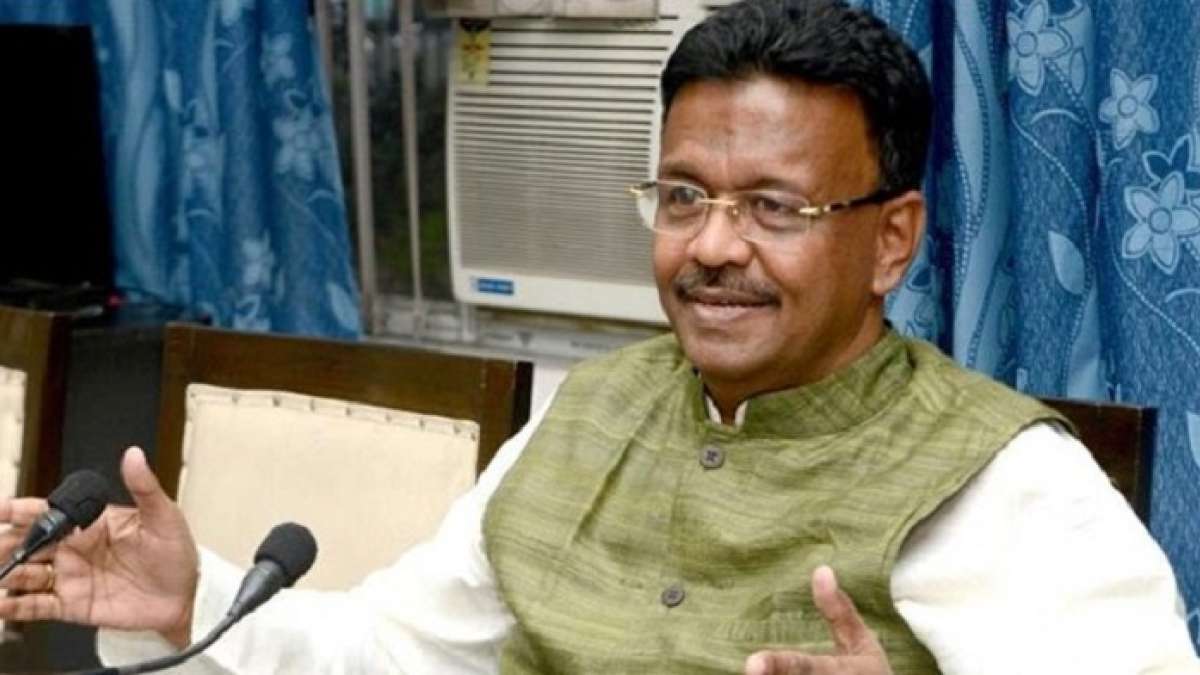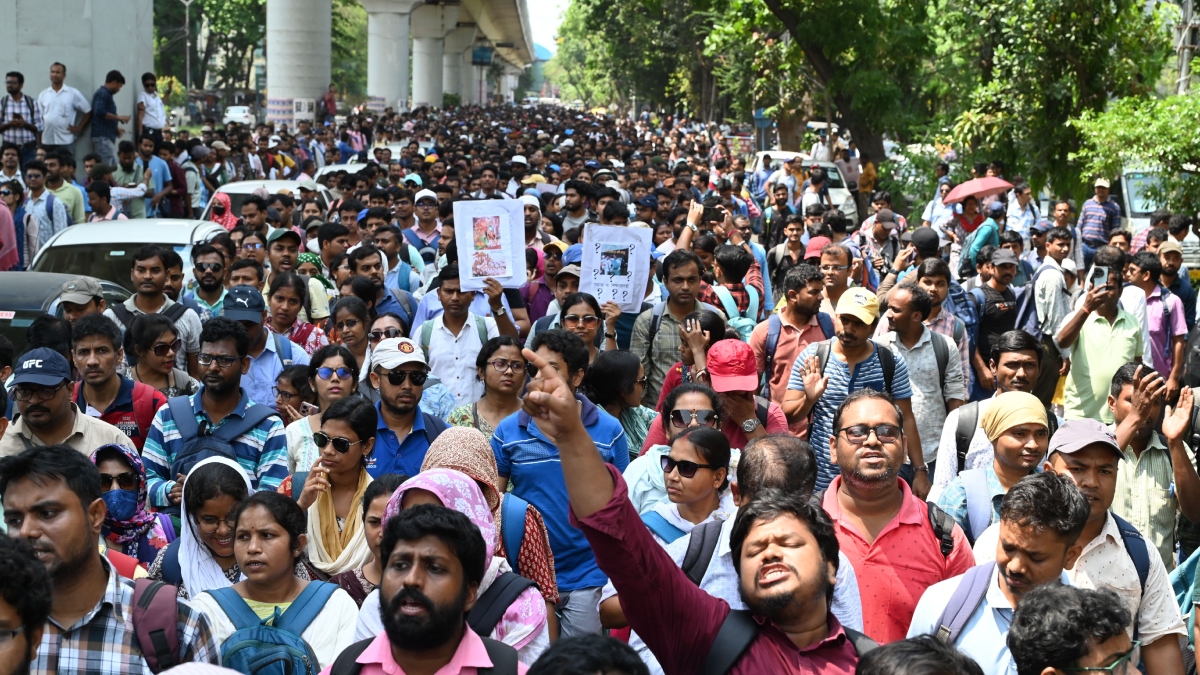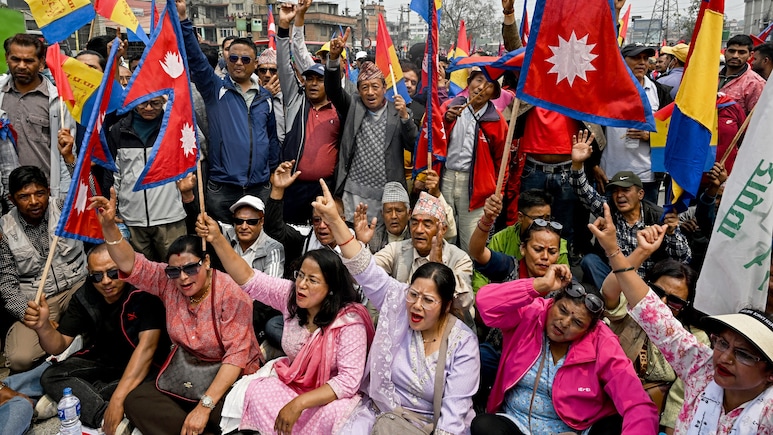Baby Chakraborty, KalimNews, Kolkata, April 10, 2025
: Amid intensifying protests across West Bengal against the recently enacted Waqf Act, State Municipal and Urban Development Minister Firhad Hakim has publicly declared that the law will not be implemented in the state. The statement, made during a press interaction following a review meeting at MKD in Midnapore on Wednesday, has sparked a fresh round of constitutional debate and political contention.The new Waqf Act, already passed in Parliament and signed into law by the President, has triggered opposition in various parts of Bengal, particularly in regions such as Jangipur and Suti in Murshidabad, where unrest and phased protests have been reported. Demonstrators argue that the Act infringes upon the constitutional rights of minority communities regarding their properties.
Addressing reporters after the development review meeting, Firhad Hakim reaffirmed the state government’s stance against the legislation. “A resolution was passed in the West Bengal Legislative Assembly opposing the Waqf Bill. Despite that, the Bill was passed, which we consider wrong and unconstitutional,” he stated. “The Constitution clearly states that the property of minorities must remain in their hands. The new law violates this principle.”
Hakim alleged that the law is politically motivated, claiming, “This is a BJP move aimed at securing both Hindu and Muslim votes. We will strongly oppose this.” He also reiterated that Chief Minister Mamata Banerjee is committed to maintaining religious harmony and will not implement any policy that could upset minority communities. “There is no question of this law being enforced in Bengal,” he emphasized.
However, the Minister’s assertion has raised questions about constitutional propriety, as states are not authorized to repeal or ignore a Central law once it has been enacted and signed into law by the President. Legal experts caution that the refusal to implement the Act could lead to a constitutional standoff between the state and the Centre.
Meanwhile, the review meeting in Midnapore also covered several local infrastructure and development projects concerning Midnapore and Kharagpur. Discussions focused on expediting delayed initiatives through coordinated efforts of the Midnapore-Kharagpur Development Board.
As the state government holds firm in its opposition to the Waqf Act, the political and legal dimensions of the issue are expected to evolve, potentially reaching higher judicial forums if the implementation stalemate continues. The unfolding situation highlights the deepening rift between state and central authorities over minority welfare policies and the limits of state resistance within the federal structure.








